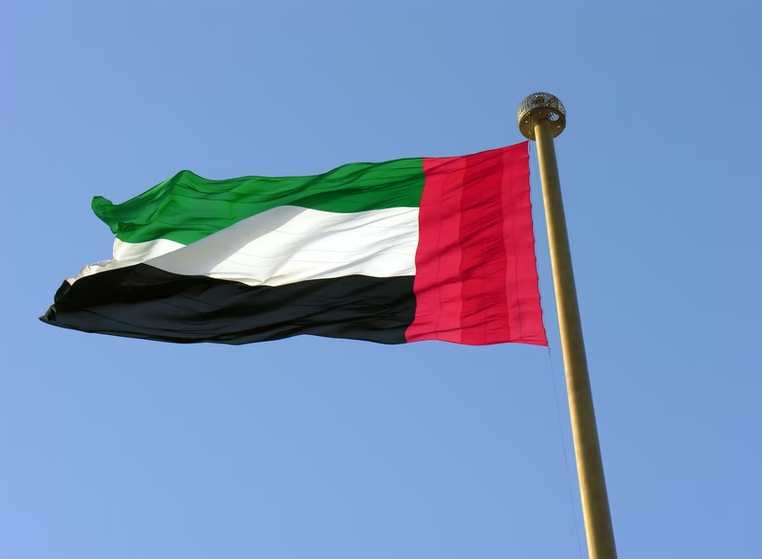
The United Arab Emirates has been reported setting up an $820 million fund to manufacture space satellites and support the country's space program. It has already put a probe into Martian orbit and includes plans to explore space and the planet Venus.
UAE to Fund Satellites and Space Program
According to Bloomberg, UAE's space program will include establishing a national fund with capital of $820 million and launching a national program to develop modern radar satellites.
UAE Ruler Mohammed bin Zayed said the satellites would give 24-hour all-weather earth imaging.
The country's media office said the project would contribute to the UAE's efforts to develop solutions to climate change and improve disaster management and environmental sustainability. The applications will include detecting oil spills, monitoring ships, and search and rescue.
According to The Boston Globe, the Gulf nation's move to fund its space program and satellites will make them the first Arab country to develop a constellation of Synthetic Aperture Radar Satellites.
With plans to go to space and explore the planet Venus in 2029 and land on an asteroid and launch a spacecraft into Martian orbit, the UAE already has the Middle East's most ambitious space program.
UAE established its space agency in 2014 and the country has sent its first astronaut to the International Space Station in 2019 and plans to send an unmanned spaceship to the moon in 2024.
UAE Space Program First Satellite
In 2018, UAE launched the KhalifaSat from Japan's Tanegashima Space Center. It is the first satellite from UAE that was designed, built, and tested in the country entirely by Emirati scientists and engineers, according to Smithsonian Mag.
The said satellite was assembled for five years at Dubai's Mohammed bin Rashid Space Center or MBRSC, and has garnered five patents and developed a digital camera that rivals some of the most advanced remote-sensing observation satellites that are used today.
The satellite's camera will capture detailed imagery of the Earth to monitor environmental changes.
UAE's Inaugural Astronaut Corps
In 2017, the UAE Space Agency announced the formation of its inaugural astronaut corps. The group were chosen from a pool of more than 4,000 applicants who ranged in age from 17 to 67 and over one third of whom were women.
After the astronauts passed extensive personal and cognitive tests, two were chosen and underwent intensive training in several countries.
The astronauts chosen were 34-year-old military pilot Hazza Al Mansouri and 37-year-old doctor of information technology Sultan Saif Al Neyadi.
The two are set to embark on an eight-day mission to the International Space Station or ISS. They will be the first Arab to venture into space since Sultan bin Salman bin Abdulaziz Al Saud from Saudi Arabia flew on the American STS-5-G Space Shuttle Mission in 1985.
UAE is also working on going to Mars, and the space station created a team to focus on its Hope probe. The group comprises professionals under 35 years old, including Her Excellency Sarah Al Amiri, who is currently in her early 30s.
Related Article : UAE May Soon Join Other Spacefaring Nations After Signing Collaboration With French Space Agency
This article is owned by Tech Times
Written by Sophie Webster
ⓒ 2026 TECHTIMES.com All rights reserved. Do not reproduce without permission.




